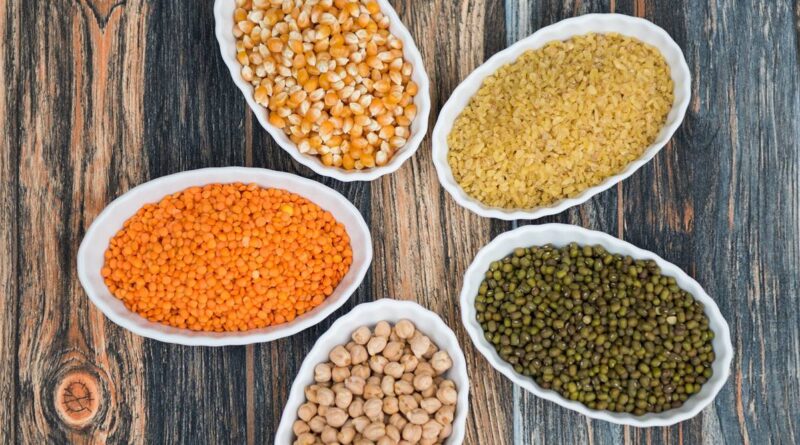Biometric screening must for MSP purchases of pulses, oil seeds from next kharif season
By Sandip Das
The agriculture ministry has made biometric face authentication and use of point of sale (PoS) machines mandatory for minimum support price (MSP) purchases of pulses and oil seeds from the next kharif 2025-26 season.
The move is intended to ensure that only genuine farmers get the benefit of procurement under various schemes.
What has enabled this is the Section 7 of Aadhar Act, 2016, which came into effect from April 21, 2025.
Officials said with the new stipulation, only fresh produce and genuine farmers will be part of procurement process. Farmers’ cooperative Nafed and NCCF and state level agencies carry out procurement of pulses and oil seeds.
Currently, PoS machines are employed for MSP operations of rice and wheat.
“We want to ensure that only registered farmers with the two agencies (Nafed and NCCF) get the benefits of minimum support prices and other interventions initiated under the umbrella scheme – Pradhan Mantri Annadata Aay Sanrakshan Abhiyan (PM Aasha) for oilseeds and pulses,” an official told FE.
PM Aasha integrates the price support scheme, price deficiency payment scheme, price stabilization fund and market intervention scheme, all aimed at providing remunerative prices to farmers.
The agriculture ministry has also decided to limit the procurement period to 60 days, with a possible extension of 30 days, if necessary. “No further extension will be allowed beyond the 90-day limit,” an official said.
“It has been observed that there is a sudden jump in procurement on the thirteenth week or towards the end of the purchase period, which should not normally happen,” an official had stated earlier indicating possible manipulation by traders.
The disposal of commodities purchased under integrated scheme of would be initiated in the remaining nine months of the year.
Currently, Nafed and NCCF pre-register farmers on their portals – e-Samriddhi and e-Samyukti respectively on the basis of aadhaar authentication prior to procurement of oilseeds, pulses and onion under various schemes.
In a communication to Nafed and NCCF, the agriculture ministry has urged them to integrate their portals used for registration of farmers with the ministry’s unified portal on agricultural statistics (UPAg) and upload procurement of oilseeds and pulses on a real time basis.
With market prices ruling below minimum support price (MSP) on robust crop prospects after staying at elevated levels for two years, the government has sanctioned approval of over 6 million tonne (MT) of oilseeds and 5 MT of pulses purchase under the PSS in the key growing states for 2024-25 season (July-June).
Officials said this approval for MSP purchase of oilseeds and pulses in the current season would be a record, while previously in 2017-18, the government agencies had purchased a 6.55 MT — 4.55 MT (pulses) and 2 MT (oilseeds) from the farmers.
PSS, a component of PM-AASHA is implemented when the market prices of notified pulses and oilseeds and copra fall below the MSP during peak harvesting period to provide the remunerative price to the farmers.
To boost domestic production through providing incentives to the farmers and reduce the dependence on import, the existing procurement ceiling of 25% on tur, urad and masur under PSS had been lifted for 2023-24 and 2024-25 seasons.
This article has been republished from The Financial Express.

